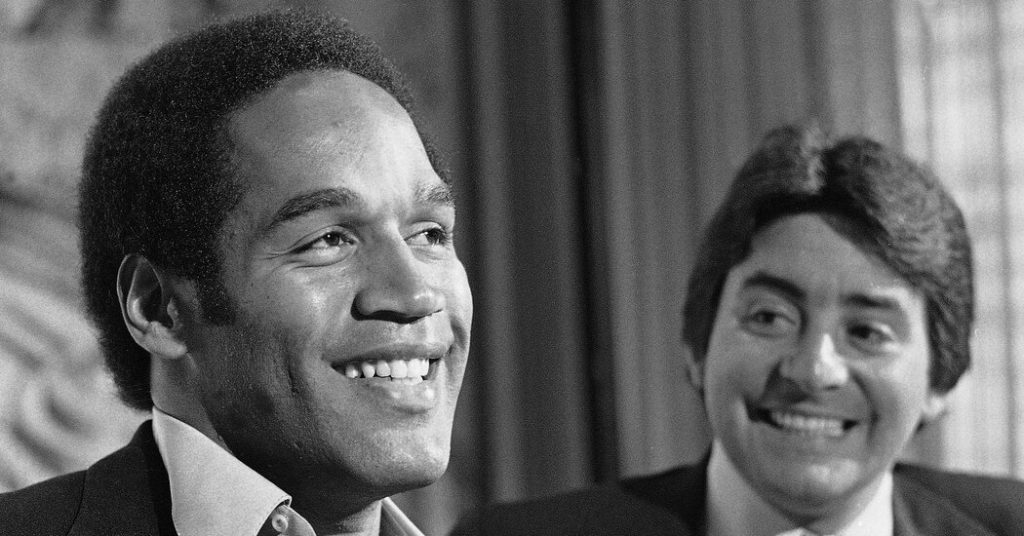O.J. Simpson, the former football star turned actor, who was famously acquitted of killing his ex-wife Nicole Brown Simpson and her friend Ronald L. Goldman in a highly publicized 1995 trial in Los Angeles, passed away at the age of 76 after battling cancer. Despite being cleared of the double murder charges, Simpson’s life was marred by controversy and legal troubles. In 1997, he was found liable for the deaths in a civil suit and ordered to pay $33.5 million in damages, which he largely failed to pay. He later moved to Florida, where he struggled to rebuild his life and stay out of trouble.
In 2006, Simpson’s attempt to profit from his notoriety backfired when he sold a book manuscript titled “If I Did It” and planned a TV interview in which he would give a “hypothetical” account of the murders. The public backlash against these projects led to their cancellation, but the Goldman family acquired the rights to the book, added material suggesting Simpson’s guilt, and had it published. The following year, Simpson found himself in legal trouble once again when he was arrested for armed robbery and kidnapping in connection with a confrontation over sports memorabilia in a Las Vegas hotel room.
Convicted on multiple charges in 2008, including armed robbery and kidnapping, Simpson was sentenced to 9 to 33 years in a Nevada state prison. He served the minimum term and was released in 2017. Throughout his life, Simpson’s story sparked intense public interest and debate about justice, race relations, and celebrity culture in America. Despite his rise to fame and fortune as a Black all-American athlete and media personality, Simpson’s legacy will always be intertwined with the infamous murder trial that captivated the nation and exposed deep societal divisions.
The news of Simpson’s death brings to a close a chapter in American history that was marked by sensationalism, controversy, and tragedy. His life story, from his days as a Heisman Trophy winner and NFL star to the scandalous trial that divided the nation along racial lines, reflects the complexities of fame, wealth, and power in a society that often struggles to reconcile its ideals with the harsh realities of human nature. While Simpson’s legacy will forever be tainted by the shadow of the criminal accusations against him, his impact on popular culture and the legal system is undeniable.
As the full extent of Simpson’s life and legacy is examined in the wake of his passing, it is clear that his story will continue to fascinate and haunt the American consciousness for years to come. From his meteoric rise to fame and fortune to his fall from grace and subsequent legal battles, O.J. Simpson’s life is a cautionary tale of the dangers of unchecked ambition and the consequences of ignoring the moral and ethical boundaries that define a civilized society. As the nation grapples with the complexities of his legacy, one thing is certain: the story of O.J. Simpson will forever be etched in the annals of American history as a reminder of the pitfalls of fame, fortune, and the pursuit of power at any cost.


